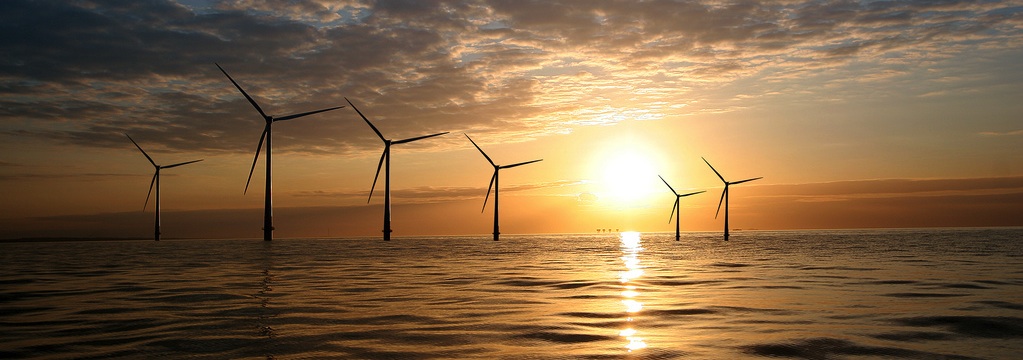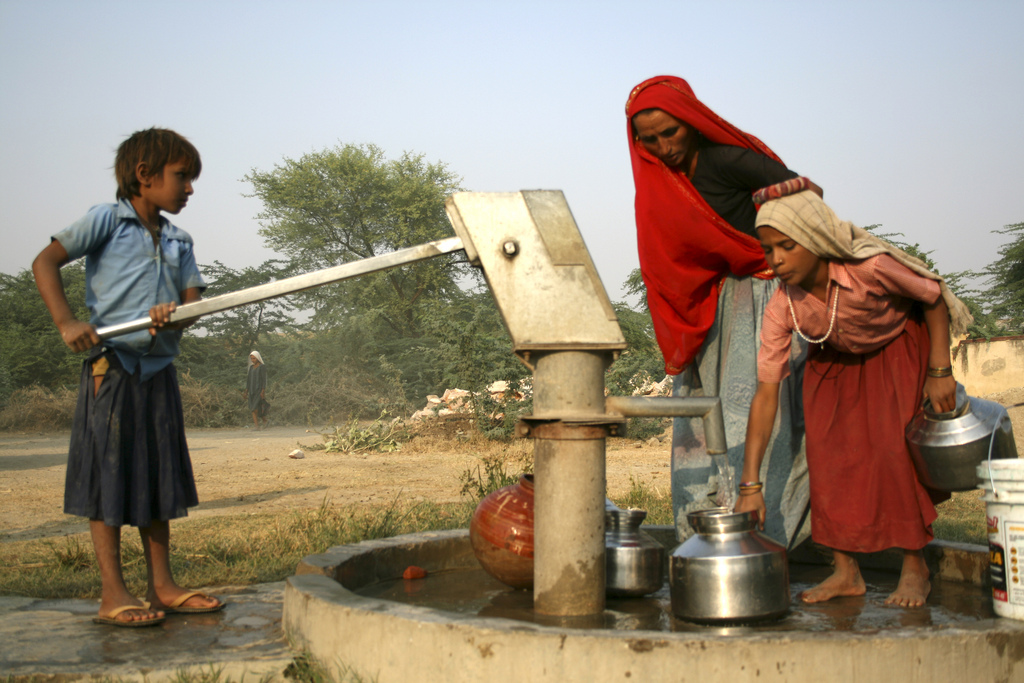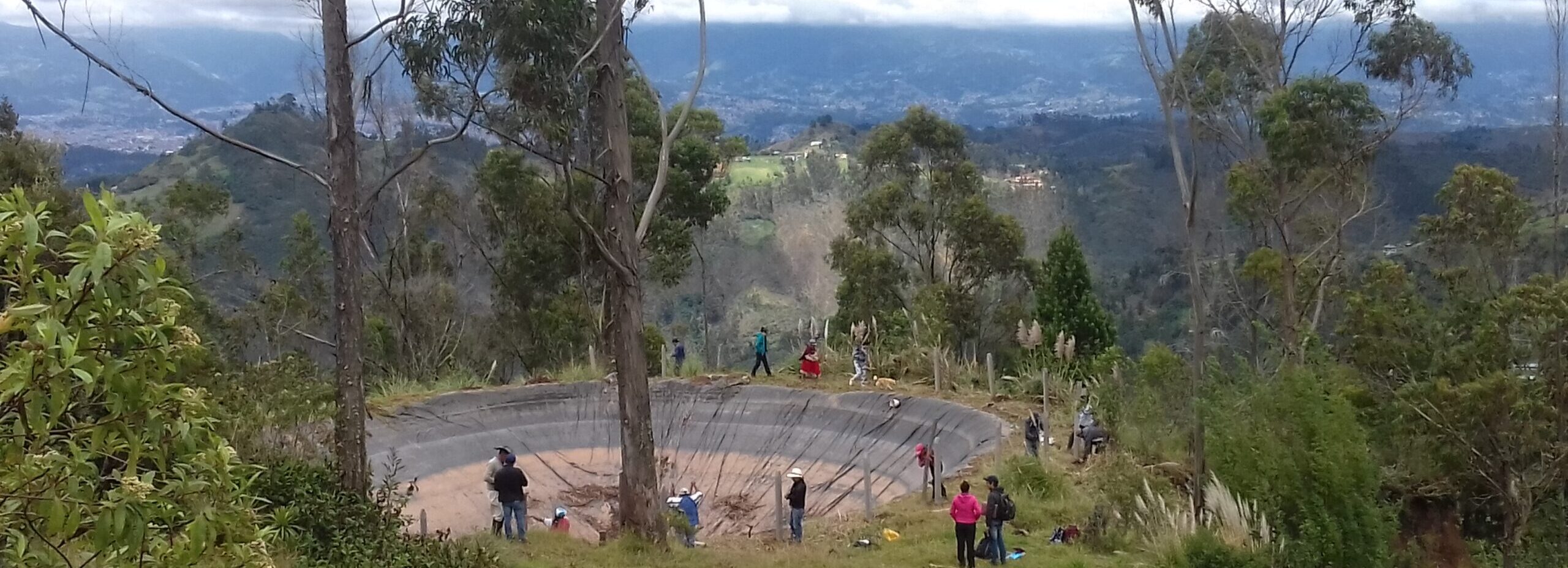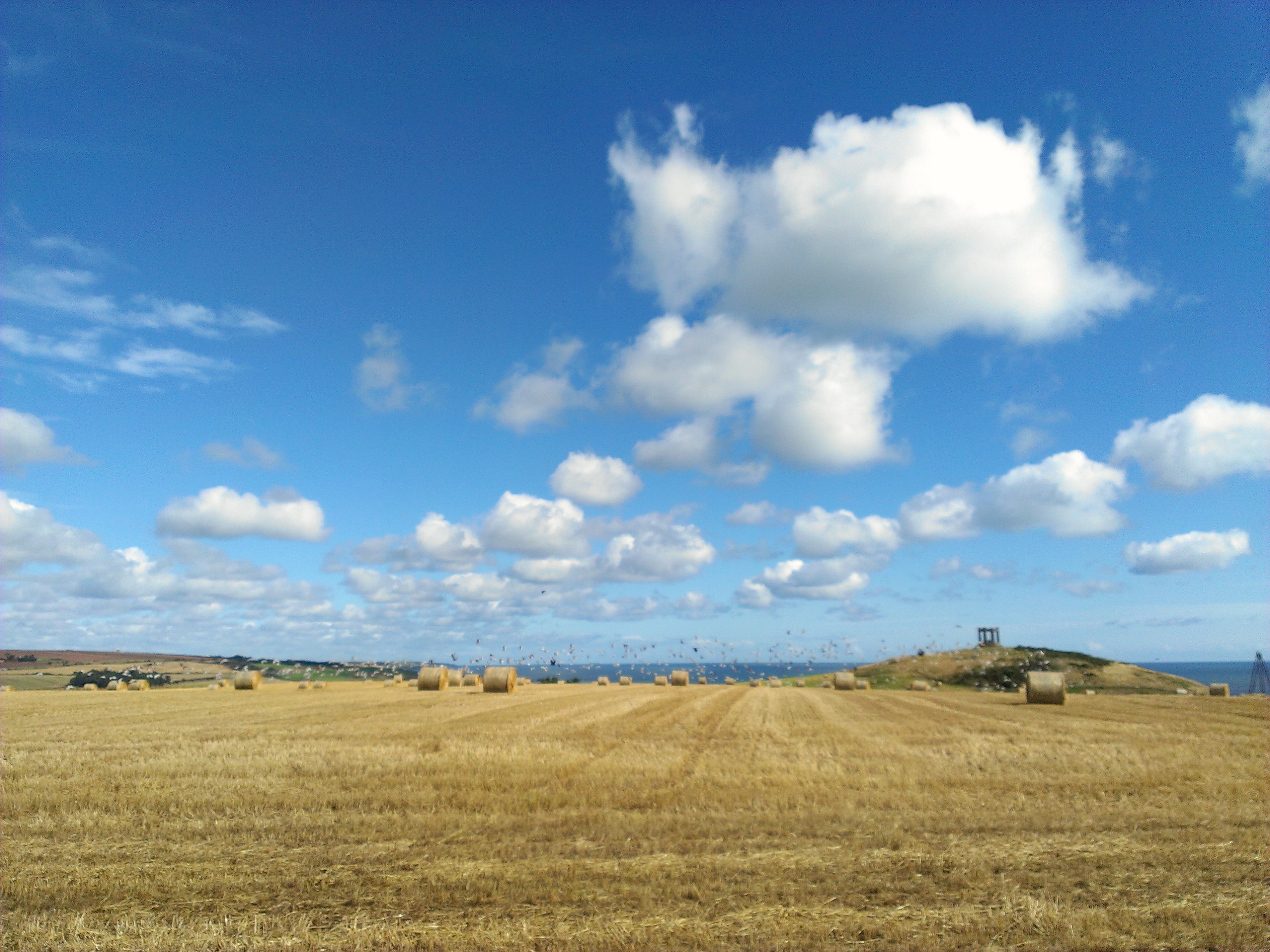Through teaching, mentorship and research projects, ERG supports a diverse suite of basic and applied projects. The goal of this engagement is to understand, inform, and transform the knowledge and practical components of the approach to sustainability. The ERG research approach is highly interdisciplinary, and ties together work at the local to global level. Particular research efforts currently are focused on transforming and decarbonizing the local to global energy system, on the drivers of international development and the impacts on water and ecological resources, to the design and transformation of the built environment, to the biogeochemical cycles and the human impacts on them, to the role of smart systems to enable the understanding and wise use of natural and constructed systems.
Research at ERG
Renewable & Appropriate Energy Laboratory (RAEL)

RAEL is engaged in projects to develop the science, technology, policy needs and to foster engagements that explore the future of energy, specifically the transition to a low-cabon, environmentally, socially, and economically sustainable energy system.
Water Group

The ERG Water Group as an interdisciplinary collaboration focused on the social dimensions of water. Members work on issues of equitable access and efficient, sustainable management of freshwater resources for both humans and the environment in the US and across the globe.
Energy Modeling, Analysis & Control (EMAC)

The Energy Modeling, Analysis and Control (EMAC) group addresses the engineering and techno-economic challenges to decarbonizing electric power systems. Our work ranges from applied to theoretical. Much of our work focuses on building new control and optimization frameworks to facilitate the operation of low carbon grids.
Climate Futures Lab

The Climate Futures Lab is a hub of social science research on the impact and equity of climate change responses at the University of California, Berkeley. The lab is led ... Continue Reading »
Harte Lab: Ecology & Global Change

Ecology and global change are the primary topics of research in the Harte Lab. Among the goals are: to characterize ecological feedbacks to climate change, to predict effects of global change on biodiversity, and to develop fundamental theory that predicts the structure of ecosystems across spatial scales.
Climate & Carbon Sciences Program

The research mission of the Climate & Carbon Sciences Program is to advance the understanding and prediction of multiscale climate dynamics, abrupt and extreme climate events, terrestrial feedbacks to climate change, and their impacts on energy and water resources.
Society, Environment & Economics Lab

The Society, Environment and Economics Lab works on the economics of a wide range of environmental, energy and resource issues. Our work spans theoretical, empirical and numerical modeling approaches. We engage in rigorous academic research and actively participate in current policy debates.
